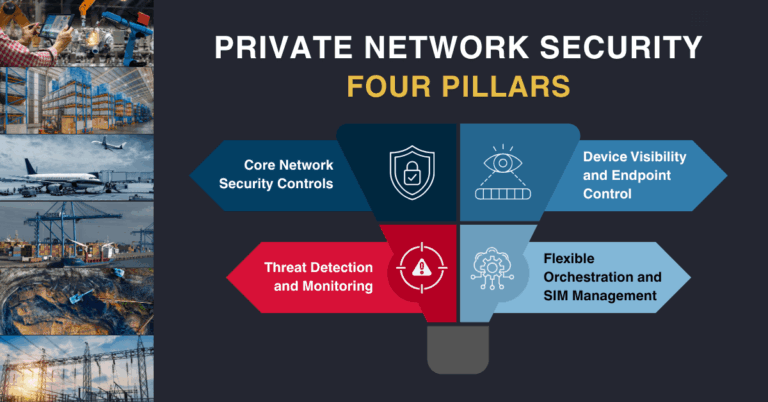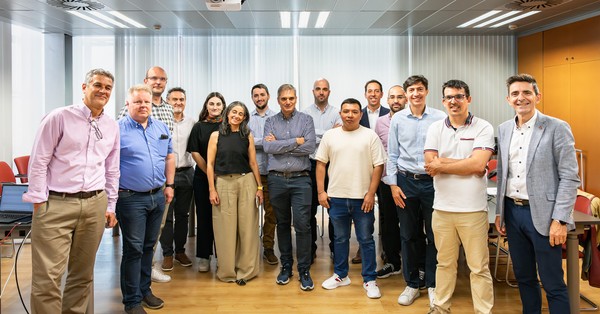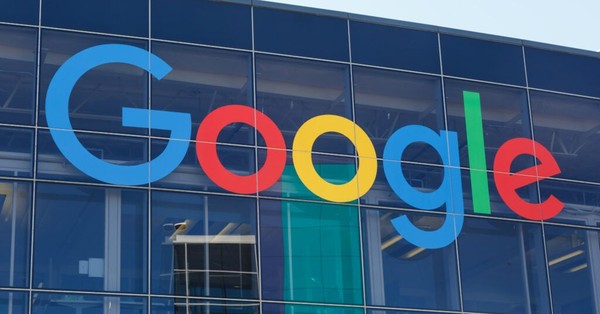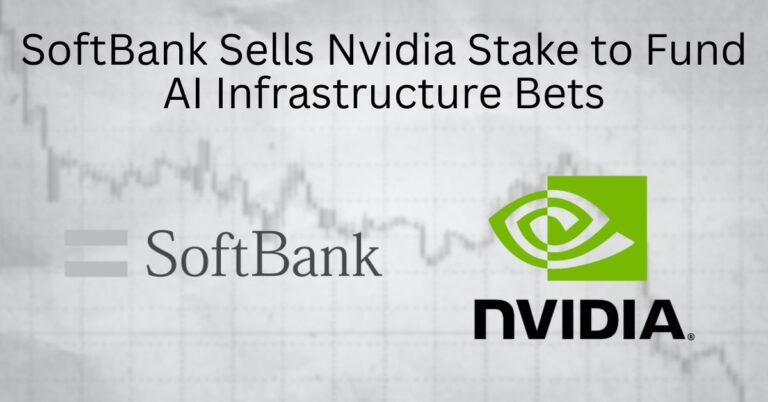LONDON – Verizon Connect announced today that the new Artificial Intelligence (AI) Dashcam solution is now available in selected countries in EMEA and APAC. Delivering an array of advanced fleet innovations, the AI Dashcam provides more insights into dangerous events for fleet managers and gives drivers real-time, in-cab coaching alerts during high-risk driving behaviors.
The new Verizon Connect Dashcam uses advanced AI for real-time detection of potentially dangerous driving events and to boost driver safety. Available for new and existing Reveal customers in the United Kingdom, Ireland, Netherlands, Belgium, Australia, and New Zealand, Integrated Video is available for use with two new camera models, including a road-facing only camera – which can be upgraded with a driver-facing camera add-on – and a dual-facing camera.
“The new AI Dashcam includes advanced features that are designed to boost safety and provide greater insight for fleet managers,” said Erin Cave, Verizon Connect director of product management. “The new technology provides a significant step to help our customers future-proof their fleets.”
According to the 2023 Fleet Technology Trends Report from Verizon Connect, the transportation industry has been a leading adopter of video technology over the last three years, with 70% of those surveyed using it to improve driver safety. Another 68% use it to protect their businesses from false claims, and 44% have adopted it to reduce accidents.
The Advanced Driver Assistance Systems (ADAS) helps to monitor tailgating, pedestrians, and cyclists, while the Driver-Monitoring System (DMS) tracks distracted driving, phone usage, fatigue, and more. The recently launched single and dual-camera model hardware features include:
- Modular design: Easy to upgrade from a single road-facing camera to dual camera functions with the driver-facing add-on.
- Smaller and sleeker: Single device for both road- and driver-facing footage and easy to self-install with less cables or wires.
- Future-proof: The hardware will enable valuable enhancements in the near future.
- Privacy-by-design: The new hardware comes with lens caps for privacy when video recordings are unwanted or not needed.
- In-cab audio alerts: Drivers will be alerted of unsafe driving events in real-time.
Verizon Connect’s AI Dashcam provides audible alerts to drivers when it detects unsafe driving, including signs of tiredness, distraction and phone usage and then tells drivers to take corrective action. Cloud-based AI distills data into useful insights, and video footage is automatically analyzed for severity and tagged with context so that managers know what is important and actionable to improve driver safety. Customers can automatically send video footage of the incidents to the platform so that it can be reviewed by the appropriate people and managers. In the case of a driver recklessly driving, the manager can use the footage to coach and discuss safety habits.
Verizon Connect continues to be recognized for product innovation. In the last two years, Verizon Connect has won nine industry awards. The awards highlight the organization and recognize Reveal and Integrated Video driver-facing Dashcam as products that distinguish Verizon Connect from the competition by providing more than just vehicle and asset tracking data. The awards include: IoT Breakthrough Awards’ M2M Vehicle Telematics Solution of the Year, Food Logistics, 2021 Top Software & Technology Providers, New Product or Service of the Year: Automotive, Transportation, Storage, and Logistics for the 6th Annual American Best in Business Awards and TechRadar’s Best GPS Tracking Solutions of 2022.
Verizon Connect is guiding a connected world on the go by automating, improving, and revolutionizing the way people, vehicles, and things move through the world. Our full suite of industry-defining solutions and services puts innovation, automation, and connected data to work for customers and helps them be safer, more efficient, and more productive. With more than 3,000 dedicated employees in 15 countries, we deliver leading mobile technology platforms and solutions. For more information, visit verizonconnect.com.
Verizon News Feed Read More







































